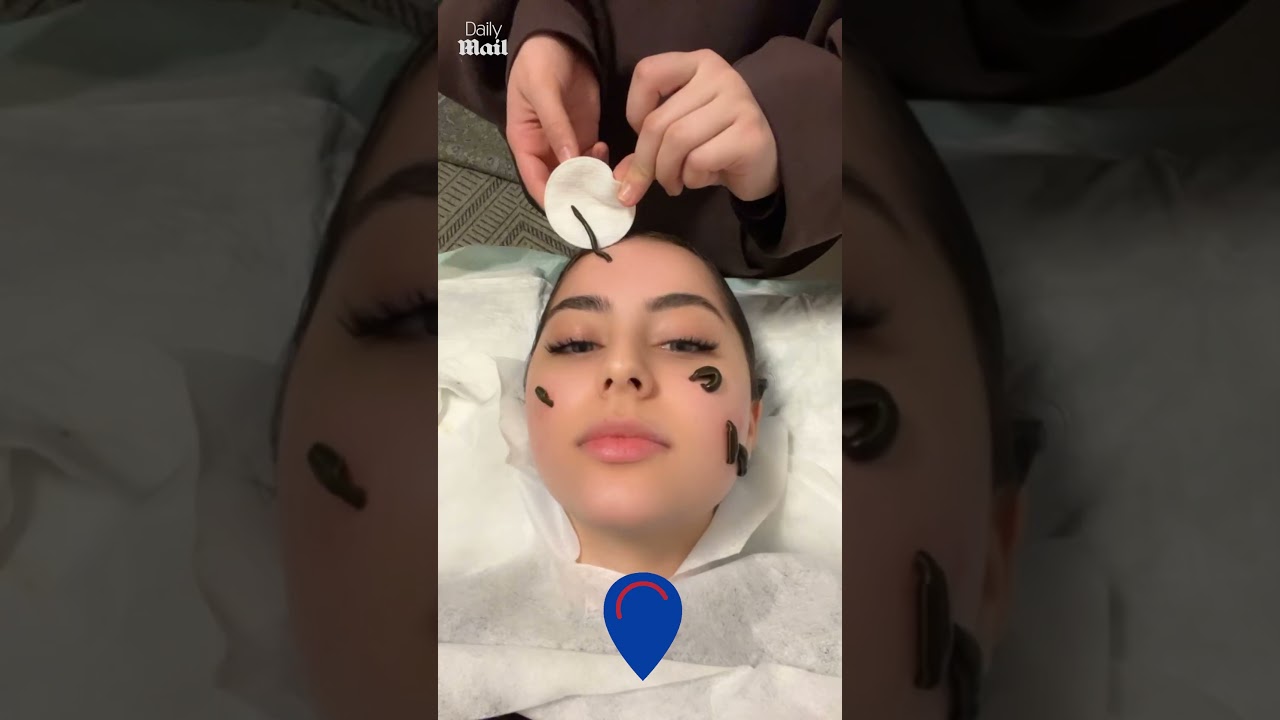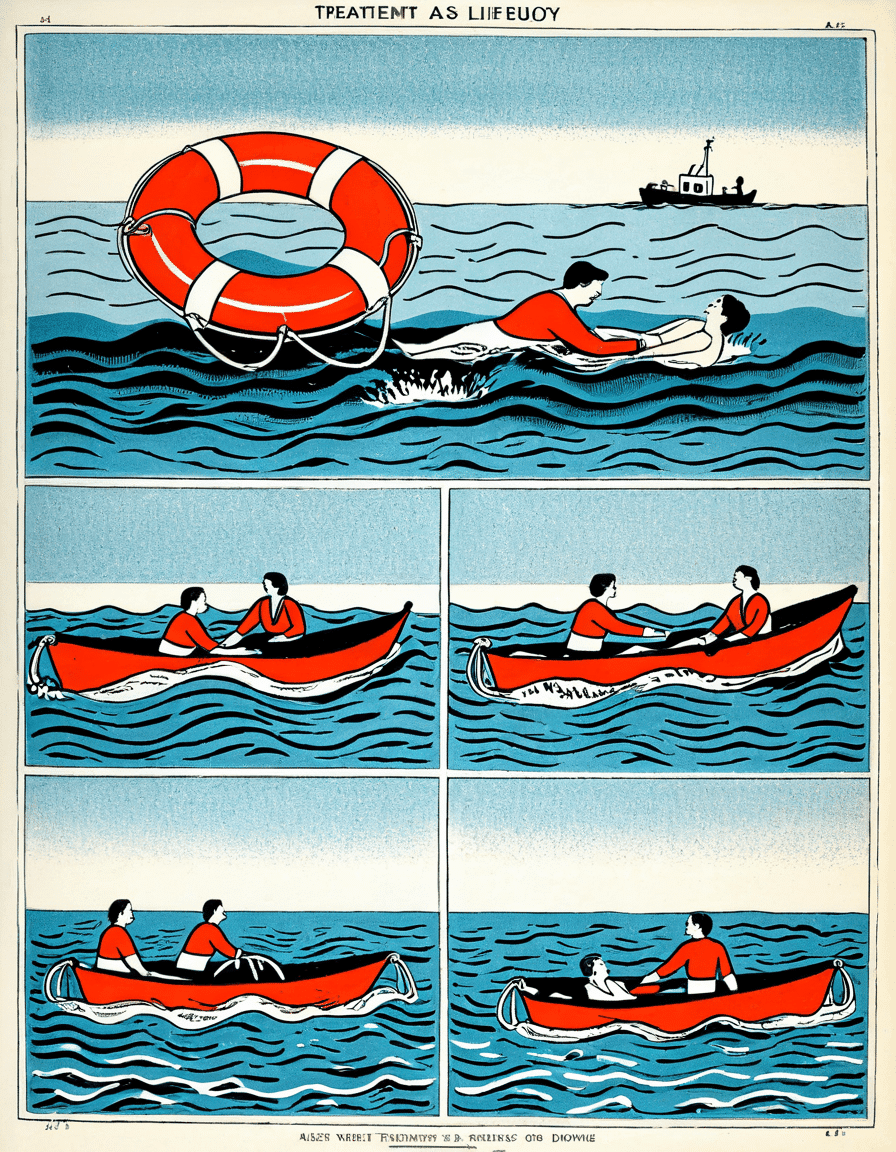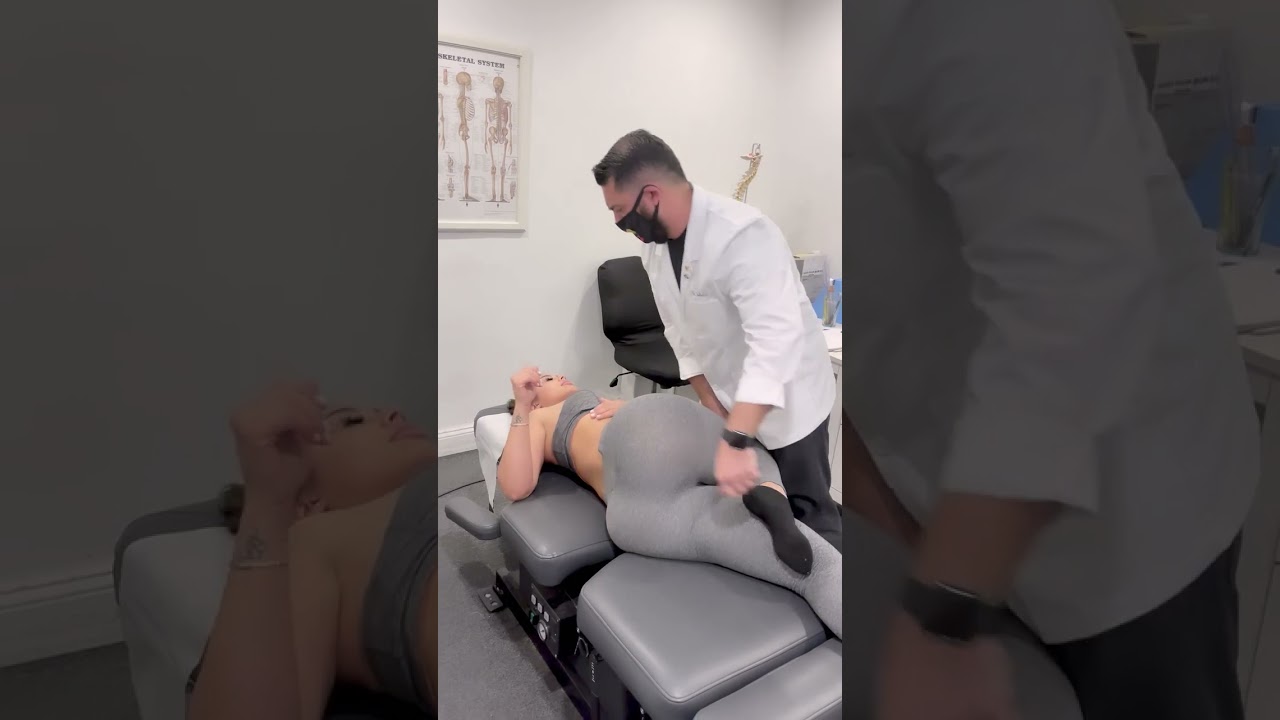Understanding treatments for addiction recovery can seem overwhelming, especially if you’re a parent watching your child navigate the turbulence of substance use. Yet, the good news is that there are effective strategies out there—treatments designed with compassion and evidence-based results. Today, many individuals have found their way back from the brink through a mix of approaches that honor their unique struggles and strengths. These treatments are critical because they not just address addiction itself but target the deep-seated issues that may fuel it.
Through this journey, it’s vital to recognize how transformative these treatments can be. With the right support, individuals can reclaim their lives while families can finally find peace and hope in an incredibly anxious situation. At Mothers Against Addiction, we understand these sentiments deeply. Many parents experience a whirlwind of emotions, and you’re not alone in this. Your child’s journey through recovery, though challenging, opens the door to healing and possibilities—let’s explore these treatments together.

Understanding Current Treatments for Addiction Recovery
The landscape of addiction recovery has come a long way. Nowadays, we see a variety of treatments, from traditional therapies to innovative practices, all aimed at reshaping lives. Each treatment has its flavor, but one common thread connects them: the desire to help individuals reconnect with themselves and their families. By focusing on holistic recovery, we recognize that all aspects of life play a role in the healing journey.
It’s worth noting that a tailored approach is often needed. What works for one person may not work for another, but every treatment is rooted in science. At Mothers Against Addiction, we emphasize that these proposed strategies address not just the addiction but also the underlying emotional and psychological hurdles that individuals face.
From medications that ease cravings to therapies that teach new coping skills, various avenues exist for healing. As parents, knowing about these can empower you and help you support your child more effectively.

Top 7 Evidence-Based Treatments Reshaping Addiction Recovery
MAT brings together medications and counseling to create a holistic approach to recovery. Take Suboxone, for instance; it helps folks battling opioid addiction by lessening cravings and managing withdrawal symptoms. Research indicates that MAT plays a key role in improving outcomes and reducing the chances of relapse. What a monumental shift this can be for families!
CBT is a powerhouse when it comes to addressing addiction. It helps individuals identify and alter harmful thought patterns, empowering them to manage life’s stresses without falling back into substance use. Many who engage in CBT notice a significant improvement in their recovery journey.
With CM, individuals earn rewards for positive behaviors—like staying sober. This approach has strong backing from organizations like the National Institute on Drug Abuse, which shows that such motivational strategies can lead to long-term behavioral changes. Who doesn’t feel good about a little extra encouragement?
Mindfulness has become quite the buzzword lately, and for good reason! Programs like Mindfulness-Based Relapse Prevention (MBRP) teach individuals to stay rooted in the present, reducing the likelihood of relapse. This keeps the focus on self-compassion, creating a healthier relationship with addiction.
You might not realize how much addiction impacts the family. Treatments like Multidimensional Family Therapy (MDFT) invite family members into the healing process, enhancing support systems and improving communication. Families that heal together often build stronger, healthier relationships as a result.
Residential centers, such as Hazelden Betty Ford, offer comprehensive programs within a nurturing environment. They incorporate diverse therapies to meet individuals’ specific needs, leading to improved recovery outcomes. This kind of immersive experience can be life-changing.
Recovery doesn’t end after treatment—it’s a lifelong journey. Aftercare programs like SMART Recovery and 12-Step Programs provide communities where individuals can share experiences and hold each other accountable. Finding support along the way can truly bolster the recovery experience.

Transformative Impact of Treatments on Lives
The real magic happens in the stories. Consider Jane, a former opioid addict whose life turned around thanks to MAT combined with CBT. Her recovery journey sparked a desire to help others facing similar challenges, showcasing the profound connection that treatments can foster. Stories like hers evoke hope, illustrating the difference a supportive treatment can make not just in individual lives but also within families.
Each treatment, whether innovative or traditional, mounts its own success stories—as diverse as the individuals themselves. Those intimate transformations remind us that healing is often multifaceted. Learning about these approaches can inspire relief for parents grappling with the aftermath of addiction, knowing their child has options and support.

Innovative Approaches and the Future of Addiction Treatments
As our understanding of addiction deepens, new treatments are emerging at a rapid pace. For example, technology continues to shape the landscape of recovery. You’ve likely heard of apps connecting users to sober support networks, facilitating 24/7 accountability. These digital communities can provide comfort and solidarity, particularly when challenges hit.
Another fascinating avenue is virtual reality therapy. Researchers are investigating the use of VR to simulate high-risk environments in a controlled way. This allows individuals to rehearse coping strategies, taking tangible skills into the real world post-treatment. What an innovative method to promote resilience!
There’s also excitement around personalized medicine, enabling treatments tailor-made based on genetic markers. This approach holds great promise for maximizing the effectiveness of medications used in MAT and empowering individuals to reclaim their lives even further.
Addiction recovery is undoubtedly a unique journey for each individual, but the stories of healing remind us there’s a light at the end. Embracing innovative treatments and community support, like those offered by Mothers Against Addiction, can pave the way for transformation. Let’s advocate for these solutions together.
The road ahead may be bumpy, but with the right treatments and steadfast support, recovery isn’t just a dream—it’s a tangible, achievable path filled with new possibilities. So here’s to every step forward; resilience fuels recovery for individuals and families alike. After all, hope and healing go hand in hand.

Transformative Treatments in Addiction Recovery
Understanding the Power of Treatments
Did you know that specialized treatments for addiction can significantly improve recovery outcomes? Various evidence-based approaches are becoming crucial in combating addiction’s harm on families and communities. One interesting nugget is that cognitive-behavioral therapy (CBT) has shown remarkable results in helping individuals change their thought patterns and behaviors related to drug use. It’s fascinating how these psychological techniques can lead to profound shifts in both mindset and lifestyle, making recovery feel more attainable for many.
Moreover, the use of medication-assisted treatment (MAT) can be a game-changer, assisting people in easing withdrawal symptoms while helping to prevent relapse. It’s a strategy that helps people lean into their recovery rather than struggle against the tide. When you consider the vast number of people affected by addiction, including those experiencing traumatic events stemming from substance abuse, the importance of these treatments becomes crystal clear. Not one person is unaffected—whether it’s a family member dealing with a loved one’s addiction or a friend looking for ways to provide support. Resources are vital, and you can explore how different techniques relate to the disasters many face in their recovery journey.
Unique Approaches to Healing
Now, let’s talk about alternative treatments! Practitioners are beginning to recognize the significant role that holistic approaches play in recovery. Techniques like yoga and mindfulness have been gaining traction, and many are singing their praises as they complement traditional methods. Imagine diving into a jojos bizarre adventure, where every twist and turn in recovery mirrors the ups and downs of overcoming obstacles. These activities can create a well-rounded recovery plan, making the journey less lonely and more fulfilling.
Additionally, family therapy can serve as a vital component of the healing process. Including loved ones can build a support network that often provides the encouragement needed to foster successful outcomes. Frustratingly, many families may not know where to start, often left feeling obsolete in the face of addiction. By engaging in treatments that include everyone, they can combat feelings of isolation. Involving family in therapy has been shown to enhance recovery rates, bridging the gap where many had previously felt lost. Utilizing resources like a guide on how to navigate these therapeutic opportunities, such as the information found regarding Billy Evans contributions, can be beneficial and encourage families to take action.
The Future of Treatments
Looking ahead, the integration of technological advancements promises to revolutionize how treatments for addiction are administered. Online therapy sessions and applications like Pearson my lab are making recovery more accessible than ever. Consider how this shift might resonate with those who remain hesitant to enter traditional treatment settings. As we embrace these modern approaches, we might just unlock a pathway that transforms lives for the better.
In closing, whether one is seeking professional help or simply exploring supportive measures, understanding the diverse range of treatments can pave the way for recovery. Amid the trials and tribulations of addiction, knowledge and support can make all the difference in paving a healthier, more hopeful future. Don’t forget, everyone’s journey is different—finding the right combination of therapies might just change the course of someone’s life for the better!





























